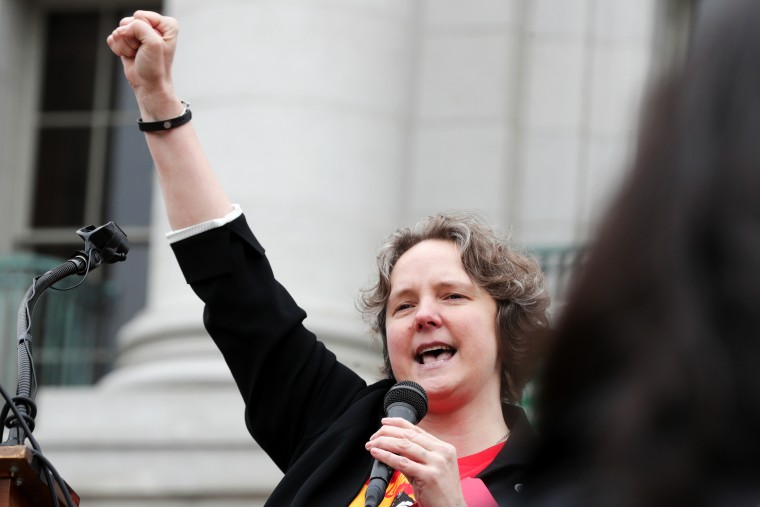In various cities around the world, anti-poverty initiatives are gaining traction with the introduction of free cash programs. These programs aim to provide financial assistance to individuals and families facing economic hardships, thereby enhancing the social safety net and addressing inequalities in society.
One of the main driving forces behind the expansion of free cash programs is the recognition of the limitations of traditional social welfare systems. Many existing programs have stringent eligibility criteria and bureaucratic hurdles that can deter vulnerable individuals from accessing the support they need. By contrast, free cash programs offer a more straightforward and immediate form of assistance, helping to bridge the gap for those who may fall through the cracks of traditional welfare systems.
Moreover, the implementation of free cash programs reflects a broader rethink of public policy approaches to poverty and inequality. Rather than solely focusing on punitive measures or conditional assistance, these programs emphasize the importance of trust and empowerment in supporting individuals to improve their circumstances. By providing unconditional cash transfers, cities are acknowledging the agency and autonomy of recipients to make decisions based on their unique needs and priorities.
Furthermore, the expansion of free cash programs aligns with growing calls for a more equitable distribution of wealth and resources in society. As wealth inequality continues to rise globally, there is a growing recognition of the urgent need to address systemic injustices and provide more support to marginalized communities. Free cash programs offer a means of directly redistributing resources to those in need, helping to create a more inclusive and fairer society for all.
Critics of free cash programs often raise concerns about sustainability and potential disincentives to work. However, emerging research on pilot programs around the world suggests that these fears may be unfounded. Studies have shown that recipients of free cash transfers often use the support to invest in education, start businesses, or improve their overall well-being, highlighting the positive impact of such programs on long-term economic outcomes.
In conclusion, the expansion of free cash programs represents a promising step towards building more compassionate and effective anti-poverty measures in cities worldwide. By prioritizing simplicity, trust, and empowerment, these programs offer a new approach to addressing social inequalities and supporting those in need. As more cities embrace these initiatives, there is hope for a future where economic security and dignity are universal rights for all individuals, regardless of their background or circumstances.
